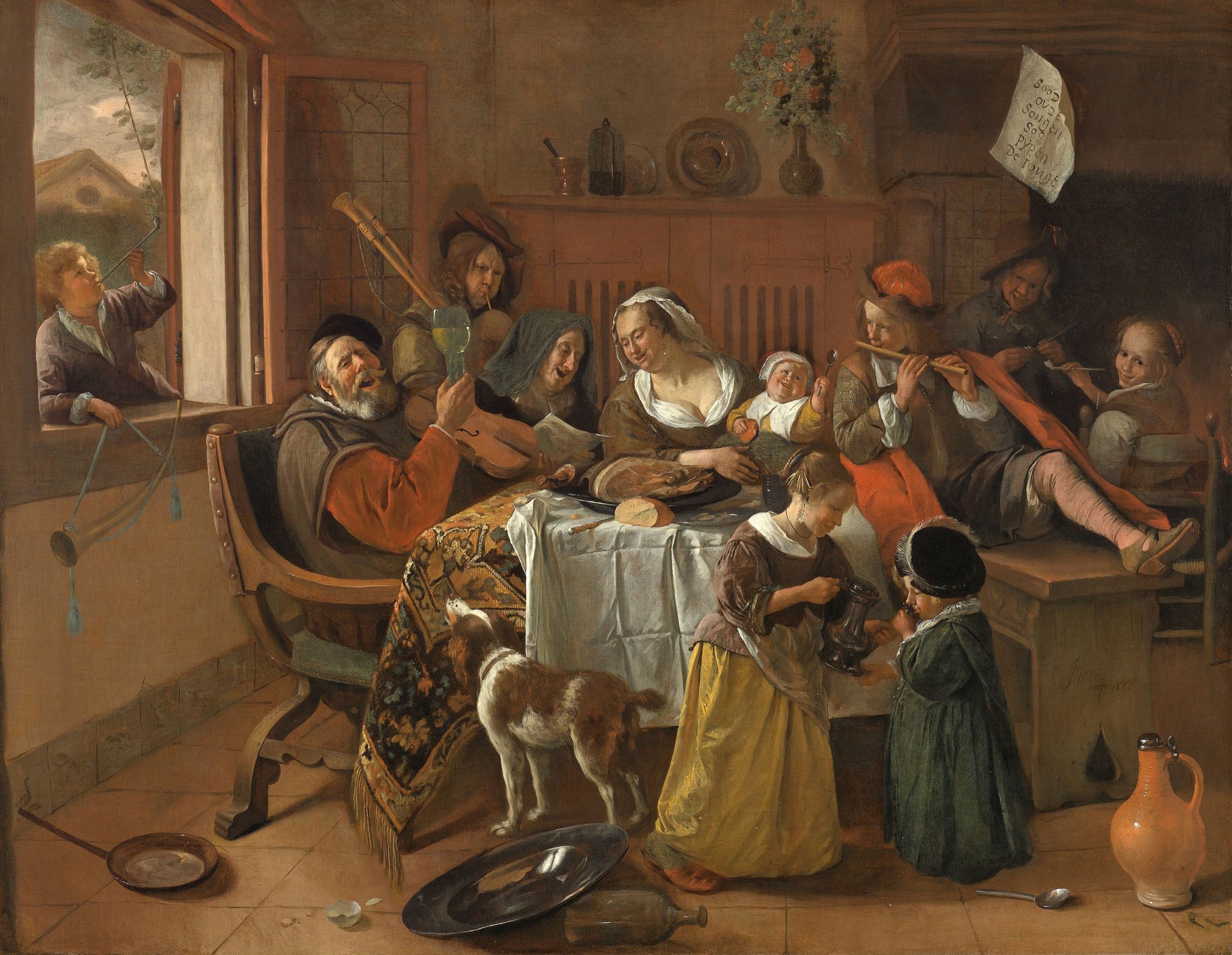Family abolition seems like a timely idea – but what are we even abolishing here, anyway?
In his series of novels The Dancers at the End of Time (1972-76), the science fiction author Michael Moorcock described a fantastical historical endgame for the human species, a polymorphously perverse utopia in which everyone – what few individuals still remain on a planet that has for millennia witnessed nothing genuinely new – has the power to remake the world and themselves however they choose. Ethics, morality, no longer exist: there are only aesthetic standards, good or bad taste. No-one needs anything, people can (genuinely) change sex or size or even (superficially) species at the drop of a thought, and no-one need permanently die. In the opening chapters of the first book, the central character, Jherek Carnelian, who is described as one of the few individuals now living who was born naturally (rather than being created in some other way), has casual sex with both of his biological parents.
The Dancers at the End of Time describes a world of limitless fantasy and freedom from need. This world also, basically, sucks. Everyone is always bored, living only for the petty jealousies they pursue with one another – motivated solely by whatever personalities they have chosen to inhabit, or which aliens or time-travellers who’ve been unlucky enough to crash-land in their era one of them wants for their personal zoo. No-one can imagine anything new: all they can do is play, pointlessly, with whatever forms have washed up in their world from the past. There is, in short, no natality: the new beginning that Hannah Arendt emphasised (in 1958’s The Human Condition) was the basis of our hope in the future, inherent in the birth and raising of new human beings. At one point, when the ‘Dancers’ are informed by a doom-mongering alien that the universe itself is about to end, they can only respond to the news with delight: finally, someone has stumbled upon a great new bit.
Reading Dancers, I am glad to have what I happen to: a young family, who I care for, and work on behalf of. It’s not always easy, and it’s not always ideal. But it gives my life meaning – and it gives me a kind of hope in the future: maybe my kids could be a bit better, a bit happier, than me. It makes me feel like I matter, in a way that I’m not sure anything else would. Certainly nothing else ever really worked before – I remember feeling utterly superfluous before I became a father.
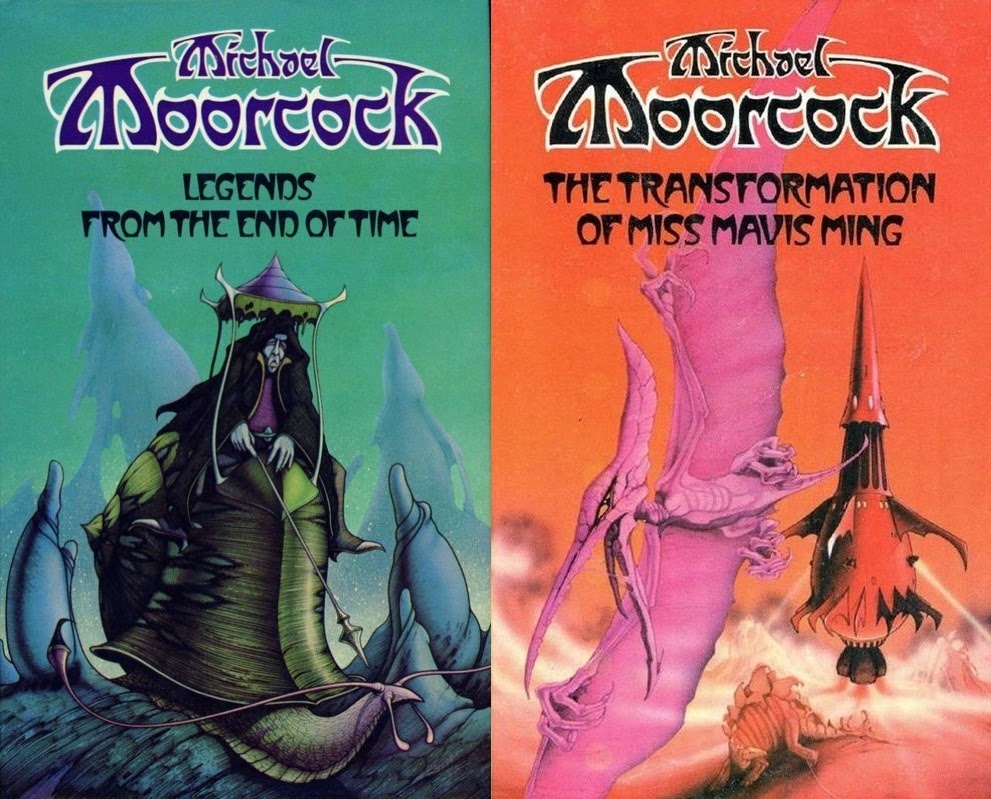
But maybe I’ve got it all wrong. Maybe this ideal of a ‘meaningful’ family life is just the reflection of an ideology of work, to which I am addicted; of the patriarchal values, which were formed to serve the interests of white Europeans like me as we set about attempting to dominate the rest of the world; of my selfish, destructive desire to force my kids to be, in some sense, ‘like me’ – to inherit whatever it is I happen to be doing with my life. Maybe these sick desires are propping up an institution primarily responsible for the oppression of racialised minorities, the repression of sexual minorities, and abuse. Maybe things don’t have to be this way.
This, at any rate, is the provocative thought voiced by the writer Sophie Lewis in her 2019 book Full Surrogacy Now: that we should ‘abolish the family’.
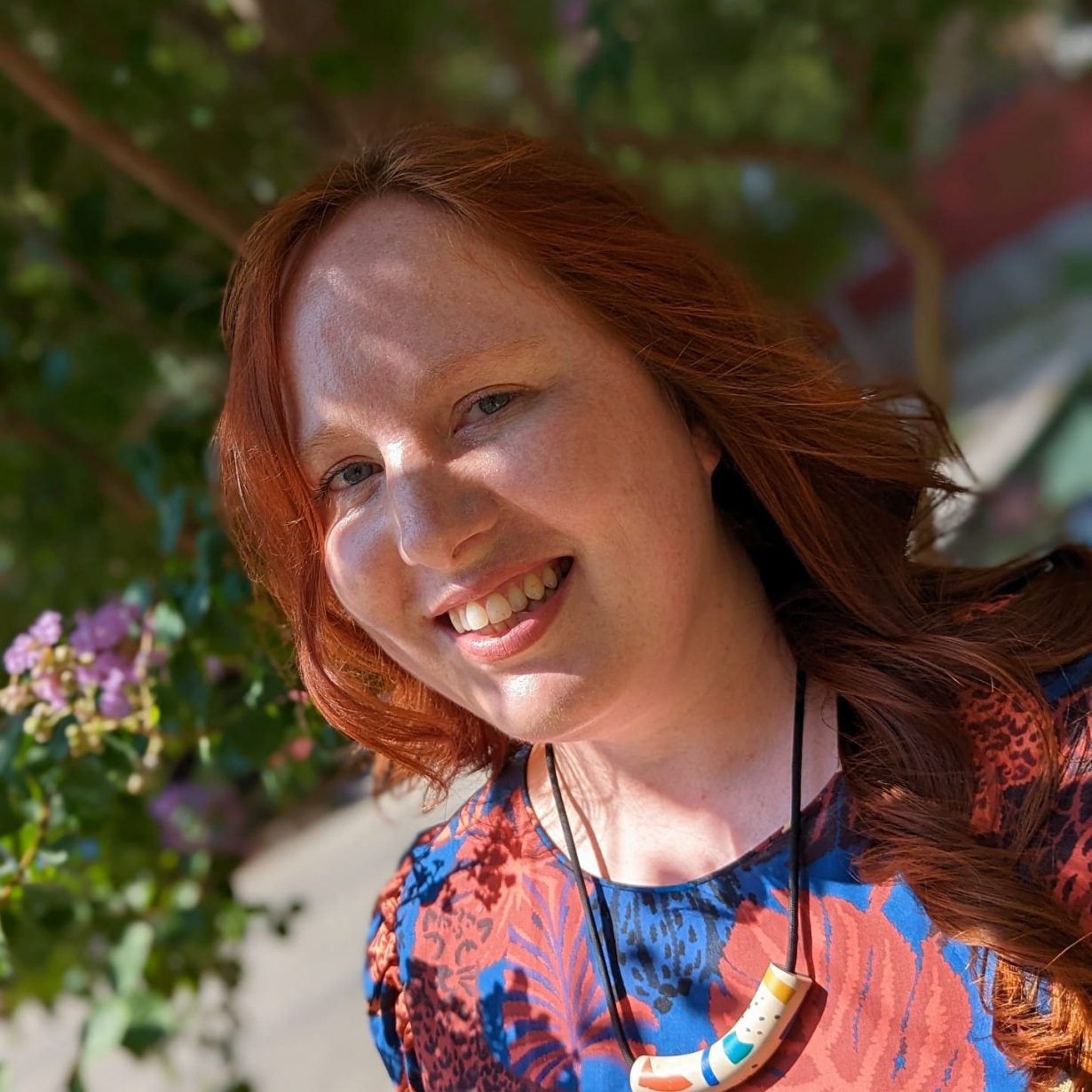
As to what Lewis meant by this, of course, it wasn’t exactly clear. Did she really mean we should ‘abolish’ the family, get rid of it altogether? Or do we need to somehow expand it, reform it, instead? Full Surrogacy Now gave few answers – but then, that book was mostly a careful piece of human geography about surrogacy in the global south: the ‘family abolition’ stuff was really confined to a bit of polemic at either end.
For all this, however, ‘family abolition’ has seemed like a timely idea – and not just because people nowadays love the thought of abolishing things (prisons, the police, work, and so on). From 2020, the COVID-19 pandemic led to the nuclear family coming into question, as the powers-that-be arranged their policy response by assuming that it was the default. Aside from excluding people who did not fit comfortably into any sort of ‘nuclear’ model (famously, for a while non-cohabiting couples were technically banned from having sex), as lockdowns and other forms of isolation wore on, it gradually became apparent, to anyone who had to bring up kids in this sort of context, that two human adults are simply not enough for any human child: that we all need ‘non-nuclear’ connections to thrive.
I was therefore excited when I found out that Lewis has now published a new, short book, Abolish the Family: A Manifesto for Liberation and Care (2022) elaborating on her earlier claims. Unfortunately, I’m not sure it delivers on its promise. The work is punchy and accessible, and includes a useful survey of the history of ‘family abolitionist’ ideas, from Plato to Marx to Shulamith Firestone to the Black feminist tradition and more (although I would quibble that all of her examples were really ‘family abolitionists’ in the way that Lewis is). But as a critic, I couldn’t really read its argument as demonstrating anything other than the fact that not only can we not really conceive of what Lewis calls ‘family abolition’ – even if we could, it wouldn’t really be something we should want.
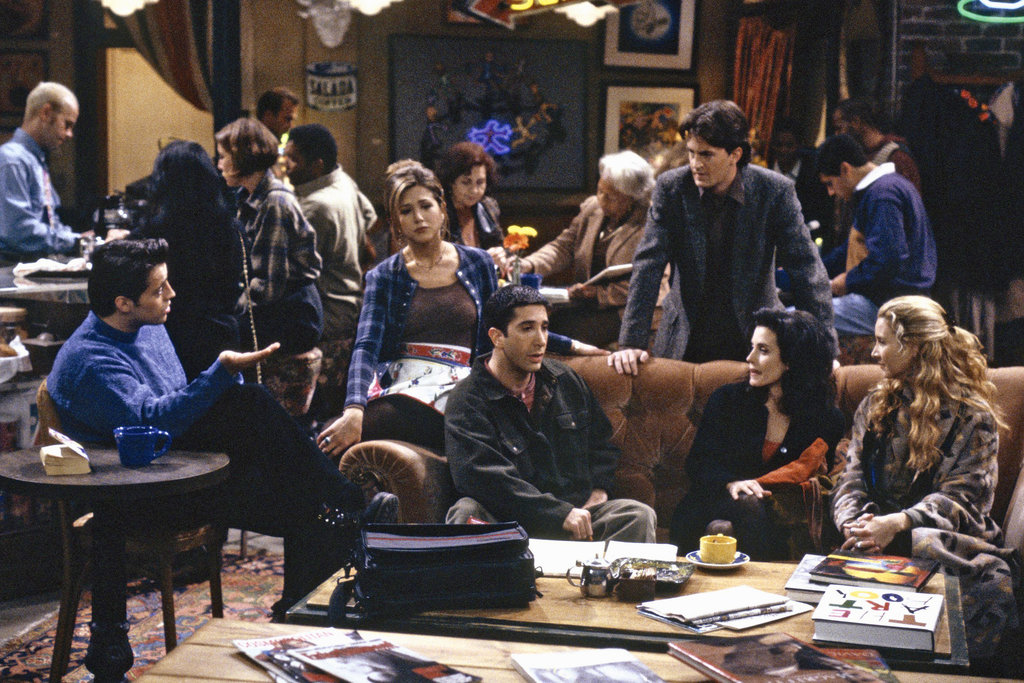
One obvious question is: what are we even abolishing here, anyway? Obviously we can talk about ‘the nuclear family’, and say we need to abolish, or reform that (fine). But as Lewis herself points out, most people don’t really live in nuclear families. Family already is a lot more extensive than that – even American sitcoms recognise this, as ‘the family’ turns out to be your friends (as on Friends, 1994-2004) or the people you work with (as on The Office, 2005-13), or the people you drink with in a bar (Cheers, 1982-93). Are we doing away with all of that as well?
Early on, Lewis defines ‘the family’ as being identical with ‘the fact that care is privatized in our society.’ A neat-enough definition, and one which communicates a clear sense of the family’s purpose. We have this institution in our society, ‘the family’, and we think it makes our lives meaningful (I suffer through my job as my family’s ‘breadwinner’; I exhaust myself to the point of a breakdown because I need to care for my son) – because care in our society is privatized, not socialized.
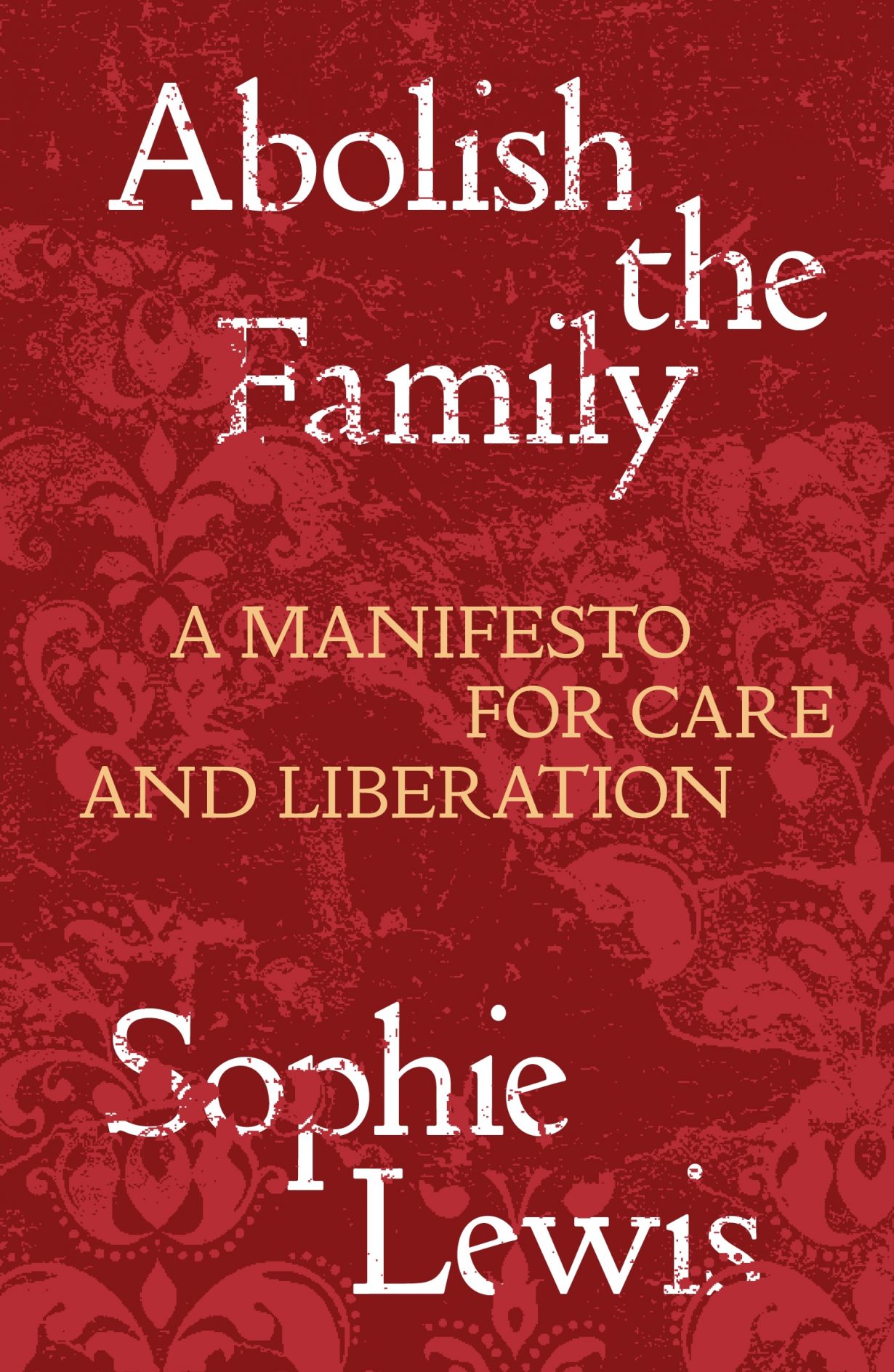
But then the question is: well, what does this mean? As a guy whose largest monthly expense is currently nursery bills, I think: it sure would be a good thing if care weren’t privatized anymore. If I didn’t have to pay a private company so much to care for my children, if early-years care were subsidised a lot more effectively by the state, then ironically enough I could actually work a whole lot less, and see my kids a whole lot more. And then if we’re wishing for things, well: maybe I (and my partner) shouldn’t have to work at all. Maybe if we have young children, we really should be paid by the state to have enough money to raise them properly regardless of whether we’re working or not. At least one in four children in the UK are currently growing up in poverty – if nothing else, such a policy would help to change that. This would be something like the ‘socialization’ of care. But it would also maintain the family as an institution (in fact, it would probably help reinforce it). So it can’t possibly be what Lewis has in mind (indeed, it could end up sounding rather like ‘Bonk for Britain’, and other nativist pro-family policies pursued by governments in, for instance, Hungary and Poland).
What seems closer is the idea that we should abolish the private home. At one point, Lewis indicates that she believes the institution of the family is working to prevent the world as a whole from being somewhere we can call ‘home’. She also nods favourably to the utopian socialist Charles Fourier’s idea that we might live in more extended family-style communities, which would involve having public canteens instead of private kitchens, and raising children in communal crèches. Sounds great (although a bit of privacy is nice as well): canteen food can be tasty, I don’t always want to have to plan my own meals, and it is easier to look after children when they’re playing with kids their own age. Throw in a communal laundry too, and I think we could be on to a winner.
But the problem for Lewis is that this would still involve something like the family. It would just be (arguably) a better sort of family. For Lewis, the family is in some sense the product of things that are essentially bad: racism, colonialism, imperialism, ableism, homophobia, transphobia, private property. This helps her to dismiss it (if the family has come from all these things, who would want it?). But for all this, she must admit that the family also serves, and has served, a very real material need. We wouldn’t need to ‘privatize’ care, if we didn’t also need to be cared for.
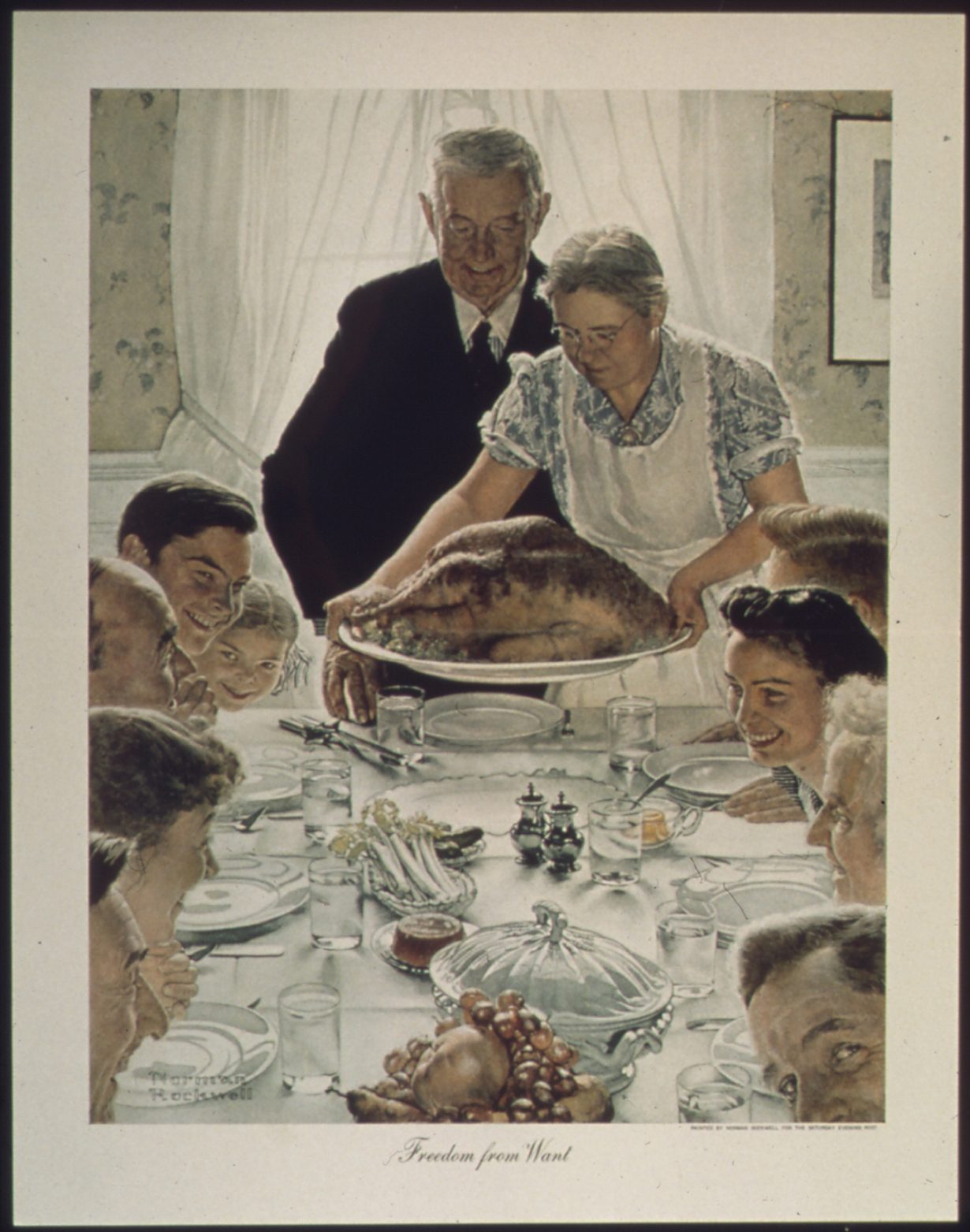
Hegel, for instance, recognises in the Elements of the Philosophy of Right (1820) that the family has evolved in the way that it has, because to grow up to be a psychologically healthy, autonomous individual, everyone needs to have ready access to a source of particular, unconditional love early on (this, in fact, is necessary for us to engage productively with the world beyond the home). There is, of course, no necessary reason why this need must be fulfilled by our biological parents (although it is often both convenient and preferable for all concerned if it is). But we still need, ideally, to receive primary care from consistent figures, with whom we are able to form strong, loving bonds: just as we need the ground to remain steady, if we’re ever going to learn to walk. The same goes for elder care as well, even if that’s not so much about psychological development. Again, biology need not be the overriding factor here (though it might still be one of them). But it is undignified to force an ailing person to be looked after by a stream of different nurses who never have time to develop any sort of bond with them – and it should be no coincidence that often, when an older person is consistently looked after by the same person over time, they might ultimately come to see them as a daughter or a son.
Lewis, I suppose, would want to resist that thought, since she thinks we should now learn to talk in the looser language of ‘kith’ ties (comrade, neighbour, friend) as opposed to ‘kin’ ones. But I guess I just can’t really see the point. Even if, as Lewis emphasises, there is nothing ‘natural’ in nature (nature is dynamic, and always changing, and we are a part of that process of change), it remains ‘natural’ to us to use the language of family, just so long as we both need, and enjoy, family-type bonds. Lewis speaks of a love that might exist, or thrive, beyond the family. But while I know directly both the love of my family, and love for my friends, Lewis never gives this different type of love any sort of real, satisfactory definition. Indeed, towards the end of the book she even talks of it as a ‘nothing.’ A ‘glorious and abundant nothing,’ for sure. But a ‘nothing’ regardless.
At the risk of sounding glib: I can’t feed my kids on nothing. The family might be bad or unsatisfactory in all sorts of ways – the nuclear family certainly isn’t really working, as an institution, for most actual families right now. But we need the family, because it fulfils a particular set of needs. These needs are not things that can be, simply, wished away. And we all have had, or will have, those needs at some point in our lives. Abolish the Family is a timely provocation. But the real work must be to reform the family, to make it work for us today.
